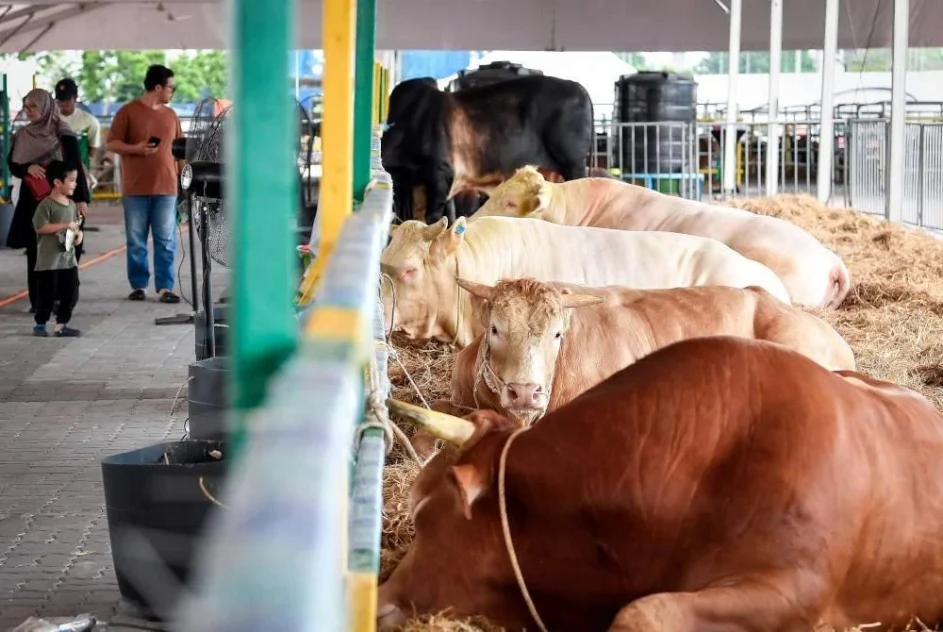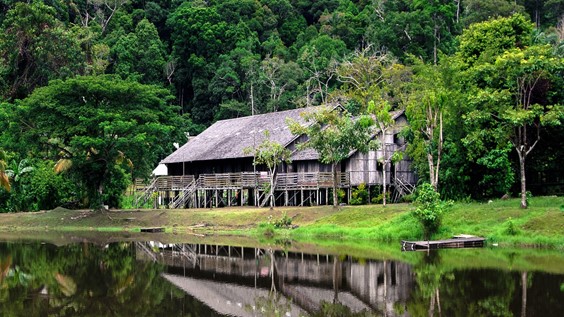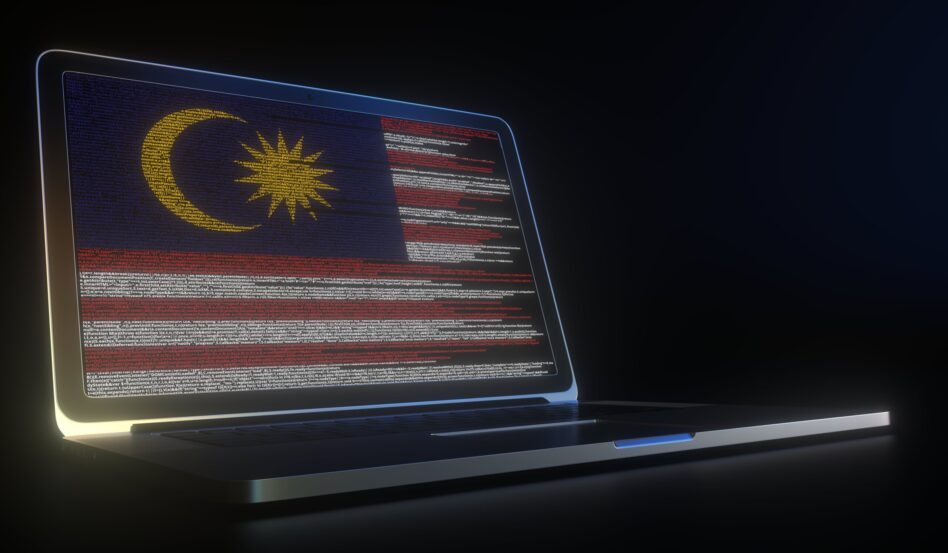FROM 1969 to 2020, I have worked in many motor workshops; field jobs such as tourist guide, taxi driver and industrial trainer; and in the office setting up new businesses for companies.
The furthest I had to travel from home to office was in 1976, from Pandamaran in Port Klang to Jalan Ipoh in Kuala Lumpur. Then, driving was a breeze, including on the Federal Highway,
Later, I lived close to where I worked and had been living in the city centre or not far from it over the past five decades. Throughout this period, traffic grew from bad to worse to horrendous.
Streets and highways, including entries and exits at toll plazas, resembled giant car parks when vehicles were stationary more often than moving. Apart from wasting time and fuel plus adding pollution, the stress generated took a heavy toll on commuters’ health, physically and mentally.
Several years ago, a study by the Kuala Lumpur City Hall found an average of six million vehicles entered the city daily, with 2.2 million during peak hours. Daily travelling time took an average of well over two hours, which included being stuck in traffic that amounted to 580 hours in a year.
Total fuel burnt in Kuala Lumpur and Selangor for vehicles stuck in stationary traffic while commuting to work was estimated to be around RM6.8 bil a year.
Commuters who were worst hit had to spend far longer than average travelling time, which could be three or four hours. They are most in need to be granted the option to work from home (WFH).
But then again, not many office workers are conscientious enough to work diligently unsupervised or unmonitored.
Even when in the office, they may not be engaged in productive work although seated in front of their desks. Many examples can be found in Putrajaya. During office hours, the cafeterias were often packed with government staff well before and after tea breaks, both morning and afternoon.
Clearly, WFH is not suitable for everyone, whether in the public or private sector. Aside from possible abuse, not everyone’s home is conducive for work. There could be many distractions or issues, such as poor telecom connection.
In such situations, it is like being caught between the devil and the deep blue sea, of either being stuck in traffic for hours each working day or not being able to focus well at home due to a variety of reasons, resulting in poorer quality work. Obviously, a better solution is needed.
As such, I am proposing that many underutilised office buildings be converted into co-working spaces with just the basic facilities and amenities without any fancy stuff to make them most affordable, unlike luxury office suites with all the frills designed to pamper and impress.
However, such centres must be installed with many CCTV cameras to survey and record the whereabouts of those working there but from a distance to maintain privacy. This would allow participating employers to monitor their employees in real time or retrieve videos as needed.
In this way, those working from co-working spaces could put in their fair share of work for the day in a conducive environment without having to battle through traffic unnecessarily by working in a facility near home or one that is close by to a train station.
It is up to individual employers to decide on the days when employees must report to the office and when they have the option to WFH, including from designated co-sharing spaces. When meetings are carried out online such as over Zoom, an enclosed room will ensure privacy.
In any case, those who live alone and with a good telecom connection can remain at home if granted WFH. If not, they will have to travel to the office or find the most suitable centre that offers affordable co-sharing spaces and make necessary arrangements with their employers. – April 22, 2025
YS Chan is master trainer for Mesra Malaysia and Travel and Tours Enhancement Course and an Asean Tourism Master Trainer. He is also a tourism and transport business consultant.
The views expressed are solely of the author and do not necessarily reflect those of Focus Malaysia.
Main image: Pexels/ Ketut Subiyanto









